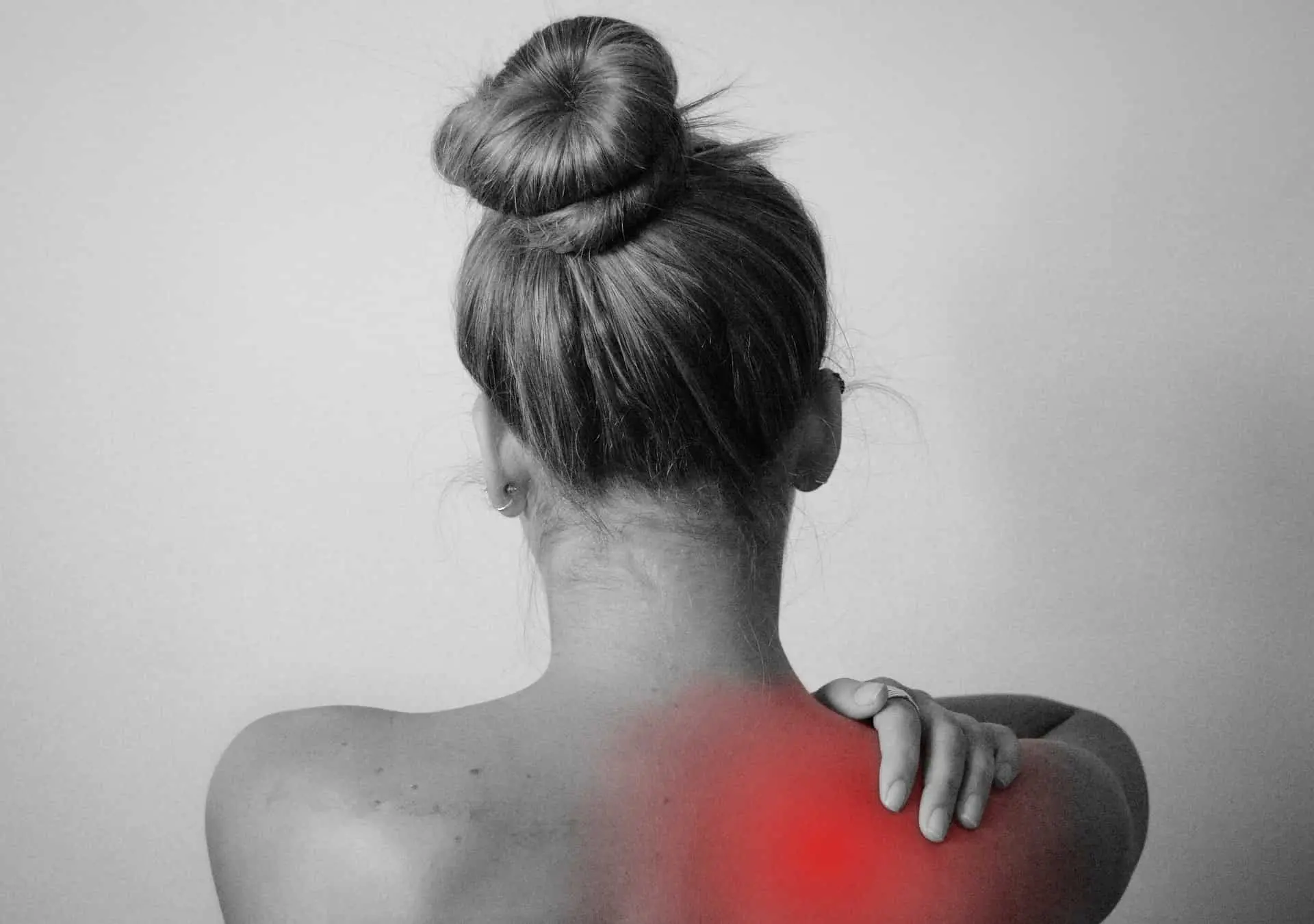Florida Third District Court of Appeals Reviews Pain and Suffering Award Modification Made by Trial Judge

Injuries from a car accident can range from a scratch to serious, life-long conditions. In a personal injury case, the injured person must show the at-fault party caused the injuries through negligent behavior. The injured person must also show that the injuries alleged were all caused by the accident. If other damages like pain and suffering and loss of consortium are requested, proof of these claims must also be provided to the jury. In its verdict, the jury must base any award on the facts presented in evidence. While great deference is given to jury awards, some or all of the verdict may be set aside by the presiding judge if the award is not reasonable, given the evidence presented.
In a Third District Court of Appeals case, Ortega vs. Belony (3D14-1655), the trial judge added $245,000 to the jury verdict for pain and suffering. The jury initially declined to award the injured man any pain and suffering but later awarded $5,000. The injured man suffered a broken neck and was in the hospital for eight days in traction. The injured man declined surgery and wore an orthopedic device called a “halo” to immobilize the head and neck as the break healed for three months. While his injuries had substantially healed, he still suffered mild neck pain. The injured man sought care less than a year after the accident for the neck pain, when another surgery was recommended. The man declined surgery again but did receive injections to the neck. The injured man was able to return to normalcy and perform daily life activities. The testimony at trial was that the only pain he still suffered was residual back pain.
The jury found him to be less than 70% negligent and awarded him the full amount of his past and future medical expenses, totaling $32,972. Zero damages were awarded for past and future pain and suffering. The trial judge, feeling that this was contrary to the evidence, ordered the jury to reconsider, and it granted him $5,000. The judge felt this was still far too low and increased the amount to $250,000, reasoning the award “shocked the conscience of the court.”
The appellate court first began its analysis by providing the standard for calculating pain and suffering damages. Case law considers pain and suffering damages to be discretionary, and there are no specific measures to quantify such damages. They are considered to be the most intangible element of the award, and jury verdicts are left undisturbed if they are supported by the evidence. The test is whether or not a jury of reasonable persons could have reached the same verdict, and there is no room for the judge to sit as the “seventh juror.” The District Appeals Court felt that a reasonable jury could have heard the same evidence and reached the same verdict. The appellate court did not feel that there was anything, as a matter of law, that would require the judge to adjust the award. The jury verdict for the pain and suffering was reinstated.
Experienced Florida personal injury attorneys know how to skillfully present the evidence to maximize available damages.The car accident attorneys at Donaldson & Weston have the knowledge and experience you need to fully and aggressively litigate your case. For a free consultation, call us at 772-266-5555 or 561-299-3999.
Related Blog Posts:
Woman Injured In Florida Car Accident Allowed To Continue Personal Injury Suit, South Florida Injury Lawyer Blog, November 25, 2015
Florida First District Court of Appeals Affirms Judgment for Costs Imposed Jointly and Severally Against the At-Fault Driver and Insurer, South Florida Injury Lawyer Blog, November 25, 2015
Knowing How a Rejection of Uninsured/Underinsured Auto Insurance Coverage in Florida Affects You and Your Family, South Florida Injury Lawyer Blog, October 6, 2015
